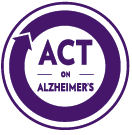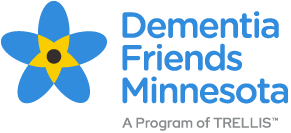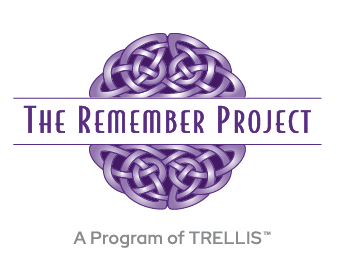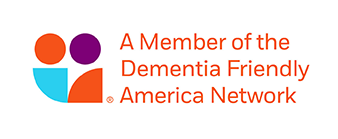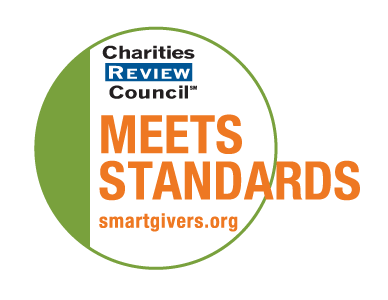Health Equity
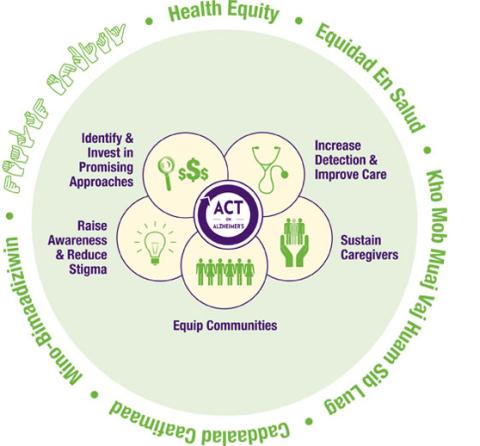
Alzheimer’s disease touches every community but some groups are at greater risk of developing the disease and have few resources and supports with which to manage the impacts of the disease.
Two cases in point: According to the Alzheimer’s Association, the prevalence of Alzheimer’s is disproportionately higher for the African-American and Latino communities, and a study by Johns Hopkins University states that persons who are hard of hearing are at greater risk of developing the disease.
ACT on Alzheimer's is committed to reducing disparities that prevent all those facing Alzheimer’s disease and other dementias from having an equitable opportunity to attain the highest level of health possible.
A Call to Action on Health Equity
In 2014, ACT on Alzheimer's produced a Call to Action to address health disparities that impact communities working to be dementia friendly.
The Call to Action defines the principles and practices that ACT leadership and communities apply in their efforts to build and maintain dementia-friendly communities.
ACT on Alzhiemer's strives to:
- Champion inclusiveness, equity, and transparency
- Provide learning support and tools to aid communities in becoming more inclusive and culturally sensitive
- Align priorities and actions with principles developed in the Call to Action
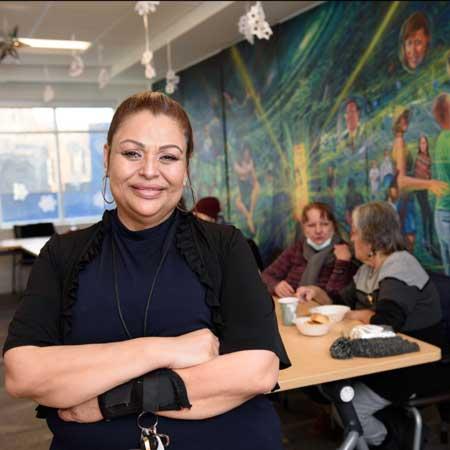
Building Cultural Competence and Awareness
According to the National Institute of Health, “Cultural competence is critical to reducing health disparities and improving access to high-quality health care that is respectful of and responsive to the needs of diverse patients.”
ACT on Alzheimer's provides resources for providers to help them build cultural competence and awareness.
Screening and Diagnosing Diverse Populations
Healthcare professionals may have limited knowledge about the health disparities of Alzheimer’s for diverse, marginalized and underserved populations and the factors that affect their access and use of medical services. The dementia screening process itself may not be culturally competent.
ACT on Alzheimer's provides tips and tools for screening and diagnosing dementia with an equity lens.
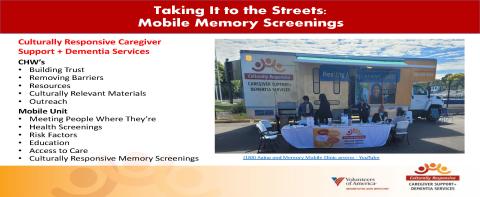
Culturally Responsive Resources for Patients and Families
Many community-based organizations in Minnesota provide culturally responsive supports and services for people living with dementia.
ACT on Alzheimer's has brought together a starting list of resources that will help those lliving with the disease and their families.
Many community-based organizations in Minnesota provide culturally responsive supports and services for people living with dementia.
ACT on Alzheimer's has brought together a starting list of resources that will help those lliving with the disease and their families.

